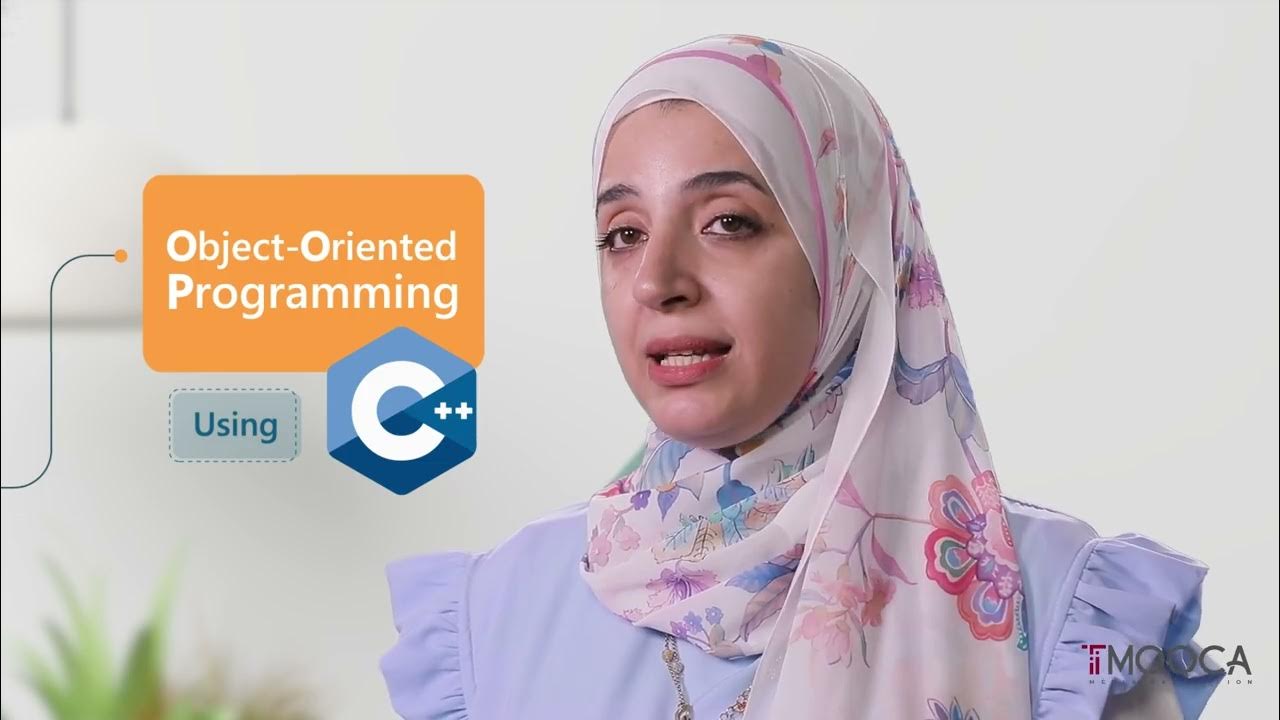00 - Maratona Java Virado No Jiraya - Bem-vindo
Summary
TLDRThis is an extensive and structured Java course offered for free, covering everything from the basics to advanced concepts. It includes comprehensive lessons on Java syntax, object-oriented programming, error handling, and concurrency, among others. The course also dives into JDBC, functional programming, design patterns, and unit testing, offering over 280 lessons. It is designed to help both beginners and those looking to refine their skills, with a focus on improving code quality and preparing students for real-world programming challenges. The course is updated regularly to stay relevant with Java's latest features.
Takeaways
- 😀 The course is a comprehensive and free Java tutorial, considered one of the best in Brazil.
- 😀 It offers more than 280 lessons, covering everything from basic to advanced Java concepts.
- 😀 The course has been updated with improved video quality, better content, and enhanced clarity based on viewer feedback.
- 😀 Topics range from basic Java syntax and primitive types to advanced subjects like exceptions, collections, and concurrency.
- 😀 The course includes a section on object-oriented programming (OOP), covering inheritance, polymorphism, and abstract classes.
- 😀 The content covers Java 16 features, including functional programming concepts and the introduction of records.
- 😀 A strong emphasis is placed on practical aspects, such as working with databases (JDBC), collections, and unit testing.
- 😀 Java's most essential concepts, like arrays, loops, and operators, are introduced early, followed by more complex topics like streams and lambda functions.
- 😀 The course includes sections on Java's built-in utilities, such as Strings and the Java API, to simplify development tasks.
- 😀 It offers detailed coverage of concurrency, design patterns, and Java 8+ features like lambda expressions and the Optional class.
- 😀 The course is designed to help both beginners who are starting their Java journey and those looking to level up their coding skills.
Q & A
What is the core focus of the course discussed in the transcript?
-The core focus of the course is to teach Java programming from beginner to advanced levels, offering a structured and comprehensive approach to mastering the language, with a particular emphasis on practical skills.
What improvements have been made to the original *Maratona Java* course?
-The original *Maratona Java* course has been enhanced with new content, improved video quality, clearer font sizes (size 24), and feedback-based adjustments to ensure clarity and better understanding.
How does the course structure progress from basic to advanced topics?
-The course starts with environment setup, basic Java concepts like data types, operators, and conditionals. It then moves into intermediate topics like object-oriented programming, and later covers advanced subjects such as exceptions, collections, concurrency, JDBC, and design patterns.
What specific Java topics are covered under object-oriented programming in the course?
-The object-oriented programming section covers topics such as classes, objects, methods, parameter passing, static modifiers, constructors, inheritance, abstract classes, interfaces, and polymorphism.
Why is the course considered comprehensive for Java learners?
-The course is comprehensive because it includes over 280 lessons covering everything from the basics to advanced topics, addressing real-world programming challenges, and ensuring learners understand both the theory and practical application of Java.
What new Java features are introduced in the course, particularly in version 16?
-The course introduces new features from Java 16, including records and other significant enhancements that make Java programming more efficient and modern.
How does the course address concurrency and why is it important for Java learners?
-The course includes a section on concurrency, which is critical for Java developers working with multi-threaded applications. It teaches how to manage multiple processes running simultaneously in a Java environment.
What is the significance of learning collections and data structures in Java?
-Learning collections and data structures is essential for handling large datasets efficiently. The course covers various collections such as lists, sets, and maps, and teaches algorithms like sorting and binary search, which are fundamental in real-world Java development.
What are some of the advanced topics covered towards the end of the course?
-Some of the advanced topics include functional programming (Java 8), database interactions using JDBC, design patterns, and unit testing, all of which help learners handle more complex tasks in Java development.
Who is the target audience for this course, and what can they expect to achieve?
-The course is targeted at both beginners and intermediate learners who want to improve their Java skills. By the end, they can expect to be proficient in Java programming and able to handle real-world development tasks with confidence.
Outlines

This section is available to paid users only. Please upgrade to access this part.
Upgrade NowMindmap

This section is available to paid users only. Please upgrade to access this part.
Upgrade NowKeywords

This section is available to paid users only. Please upgrade to access this part.
Upgrade NowHighlights

This section is available to paid users only. Please upgrade to access this part.
Upgrade NowTranscripts

This section is available to paid users only. Please upgrade to access this part.
Upgrade NowBrowse More Related Video

Tutorial de algoritmos de programación | Cursos Platzi

Object-Oriented programming Course Intro

React js 19 tutorial Hindi #1 Introduction | What is React JS

How to Become a Java Developer in 2024? Complete Beginner to Advance Roadmap | Tamil

#1 Java Introduction

🚀 GOOGLE Data Analyst Roadmap l For Absolute Beginners l 2 Months Strategy #dataanalytics #google
5.0 / 5 (0 votes)